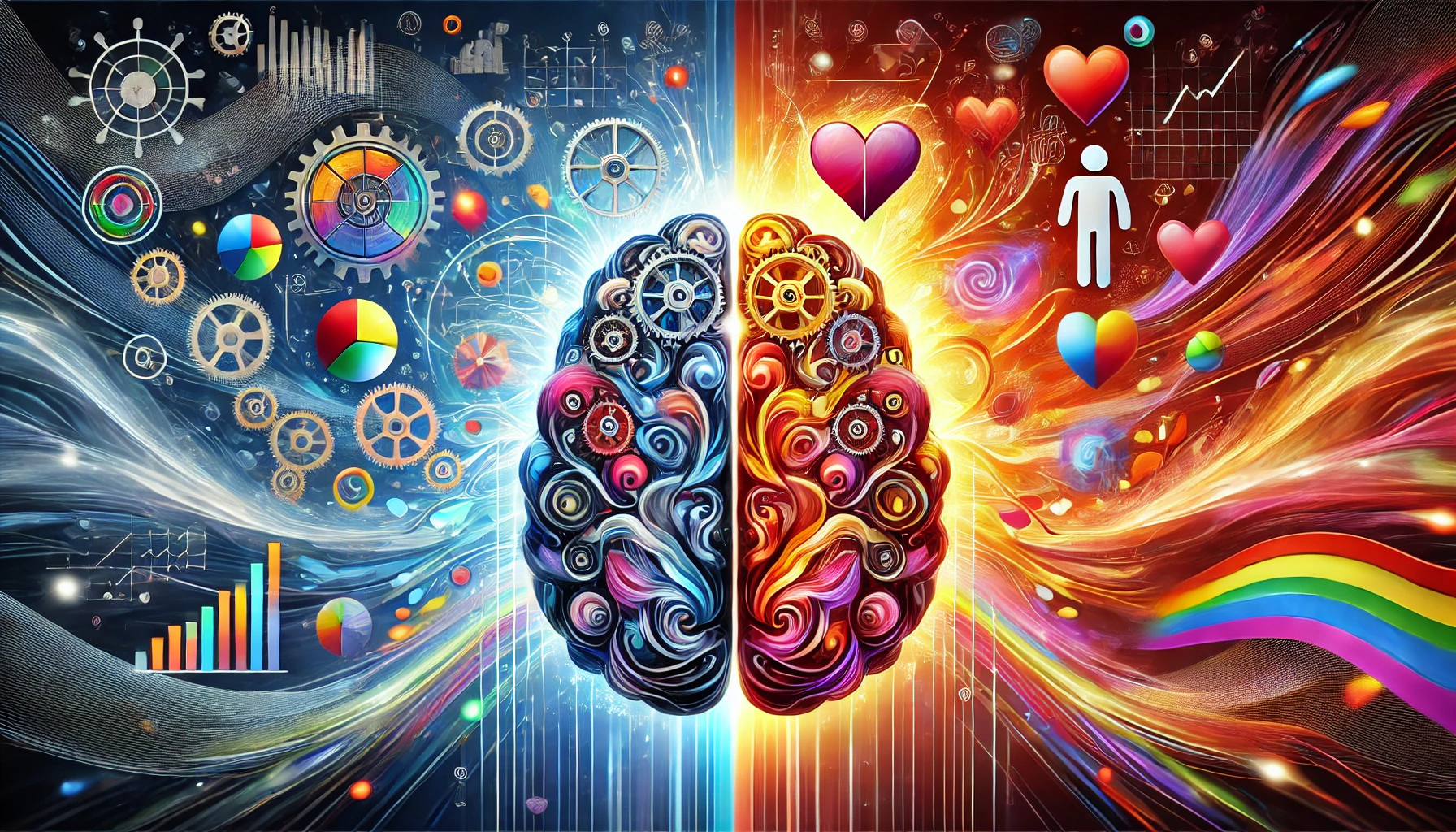In the rapidly evolving landscape of education, where technology and academic achievement often take center stage, there’s a growing recognition of the importance of Emotional Intelligence (EI). More than just a buzzword, EI plays a critical role in shaping not only students’ academic success but also their overall well-being and future careers. But what exactly is emotional intelligence, and why is it becoming a key focus in modern education?
What is Emotional Intelligence?
Emotional Intelligence refers to the ability to recognize, understand, manage, and influence our own emotions and the emotions of others. Unlike cognitive intelligence, which is measured through IQ tests, emotional intelligence is more about how we handle feelings, both our own and those of the people around us.
EI is typically broken down into five key components:
- Self-Awareness: Understanding one’s own emotions, strengths, weaknesses, and values.
- Self-Regulation: The ability to manage or redirect disruptive emotions and impulses.
- Motivation: Being driven to achieve for the sake of achievement, beyond external rewards.
- Empathy: Understanding the emotions of others and considering their feelings in decision-making.
- Social Skills: Managing relationships to move people in desired directions.
The Role of Emotional Intelligence in Education
While traditional education has long focused on developing cognitive skills like math, science, and literacy, there is now an increasing emphasis on nurturing emotional intelligence in students. Here’s why:
- Enhances Academic Performance: Research shows that students with higher levels of emotional intelligence tend to perform better academically. EI helps students manage stress, stay motivated, and work well with peers, all of which contribute to better grades and academic outcomes.
- Improves Relationships: Schools are social environments where students interact daily with teachers and peers. High emotional intelligence helps students build strong, healthy relationships, reducing instances of bullying and fostering a supportive learning atmosphere.
- Supports Mental Health: With growing concerns around student mental health, emotional intelligence is seen as a critical tool in helping students navigate their emotions. It equips them with the skills to manage anxiety, depression, and other emotional challenges, leading to better mental health outcomes.
- Prepares for Future Success: In the modern workforce, employers increasingly value soft skills like communication, teamwork, and adaptability—traits that are closely linked to emotional intelligence. By developing EI, schools are preparing students not just for academic success, but for life beyond the classroom.
Integrating Emotional Intelligence into the Curriculum
Recognizing the importance of EI, many schools are beginning to integrate it into their curricula. Here are some ways this is being done:
- Social-Emotional Learning (SEL) Programs: These programs are designed to help students develop key emotional and social skills. Through activities and discussions, students learn to manage emotions, set goals, show empathy, and maintain positive relationships.
- Mindfulness Practices: Schools are incorporating mindfulness exercises, such as meditation and deep breathing, to help students increase self-awareness and regulate their emotions.
- Role-Playing and Group Activities: By engaging in role-playing scenarios and collaborative group work, students can practice empathy, communication, and problem-solving in real-life contexts.
- Teacher Training: Teachers are being trained to recognize and respond to the emotional needs of their students, fostering a classroom environment that supports emotional growth alongside academic learning.
The Future of Education: A Balanced Approach
As we look to the future, it’s clear that emotional intelligence will play a pivotal role in shaping a well-rounded education. While academic skills remain crucial, the ability to understand and manage emotions is equally important. By focusing on EI, schools can help students not only excel academically but also become compassionate, resilient, and socially responsible individuals.
In today’s fast-paced, ever-changing world, emotional intelligence is not just a key to success in education; it’s a cornerstone of success in life.







